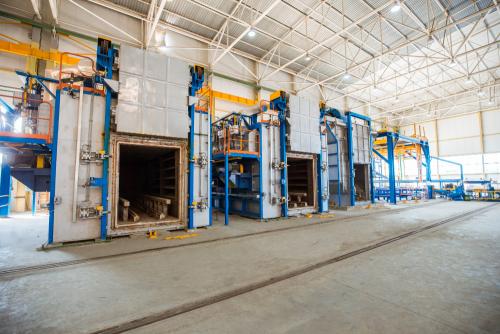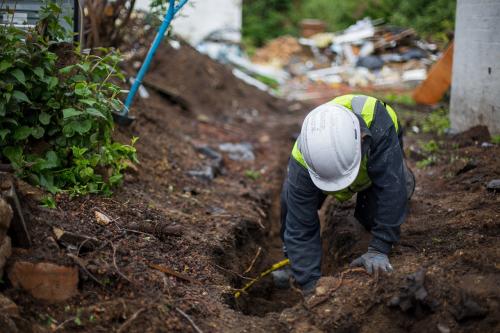Code Review Best Practices for Agile and DevOps Teams


In today's fast-paced software development
landscape, where agility and continuous integration are paramount, code review
best practices take on even greater significance. Agile and DevOps teams are
known for their rapid development cycles and the need for seamless collaboration.
Effective code reviews are critical to ensuring code quality, identifying
defects early, and promoting a culture of continuous improvement. This article
will explore essential code review best practices tailored specifically for
Agile and DevOps teams.
1.
Early and Frequent Reviews
In
Agile and DevOps environments, speed and responsiveness are crucial. To
maintain this pace while ensuring code quality, it's essential to conduct code
reviews early and often. Encourage developers to submit code for review as soon
as possible after completing a task. This practice helps catch issues early in
the development cycle, reducing the cost and effort required to rectify them.
2.
Keep Reviews Focused and Time-Bound
Agile
and DevOps teams value efficiency. Establish clear guidelines for their duration
to ensure that code reviews are manageable. Short, focused code reviews are
more effective. Set a specific time limit for each review, and if it's not
possible to complete the review within that timeframe, schedule additional
sessions.
3.
Leverage Automation
Automation
is a hallmark of DevOps and can greatly enhance code reviews. Use automated
code analysis tools to identify common issues such as code style violations,
security vulnerabilities, and performance bottlenecks. Automated tools
complement manual reviews by allowing team members to focus on more complex and
critical aspects of the code.
4.
Emphasize collaboration
In
Agile and DevOps, collaboration is key. Code reviews should not be viewed as
mere gatekeeping but as opportunities for knowledge sharing and collaboration.
Encourage open discussions during reviews, where developers can explain their
code, share insights, and learn from one another. A collaborative atmosphere
fosters a sense of ownership and collective responsibility for code quality.
5.
Define Reviewers and Review Criteria
Clearly
define who should participate in code reviews and the specific criteria they
should assess. In Agile teams, this may include product owners, developers, and
testers. For DevOps teams, consider including operations and security experts.
Defining review criteria ensures consistency and aligns the review process with
project objectives.
6.
Use a Checklist
Develop
and share a code review checklist that includes essential items to evaluate
during each review. This checklist should cover code style, functionality,
security considerations, and documentation. Reviewers can systematically assess
code by following a checklist and ensuring everything is noticed.
7.
Encourage Continuous Learning
Agile
and DevOps promote a culture of continuous learning and improvement. Encourage
team members to learn from code reviews by discussing lessons learned and
applying them to future work. This iterative approach helps the team adapt and
evolve its code review process.
Conclusion
In
Agile and DevOps teams, code review best practices are vital in maintaining the
delicate balance between speed and quality. By conducting early, focused, and
collaborative reviews, leveraging automation, and emphasizing continuous
learning, these teams can ensure that their code remains of the highest quality
while delivering rapid, value-driven software development.
Incorporating
these code review best practices into your Agile and DevOps processes will
improve code quality and contribute to your software development efforts' overall success and efficiency.










Comments